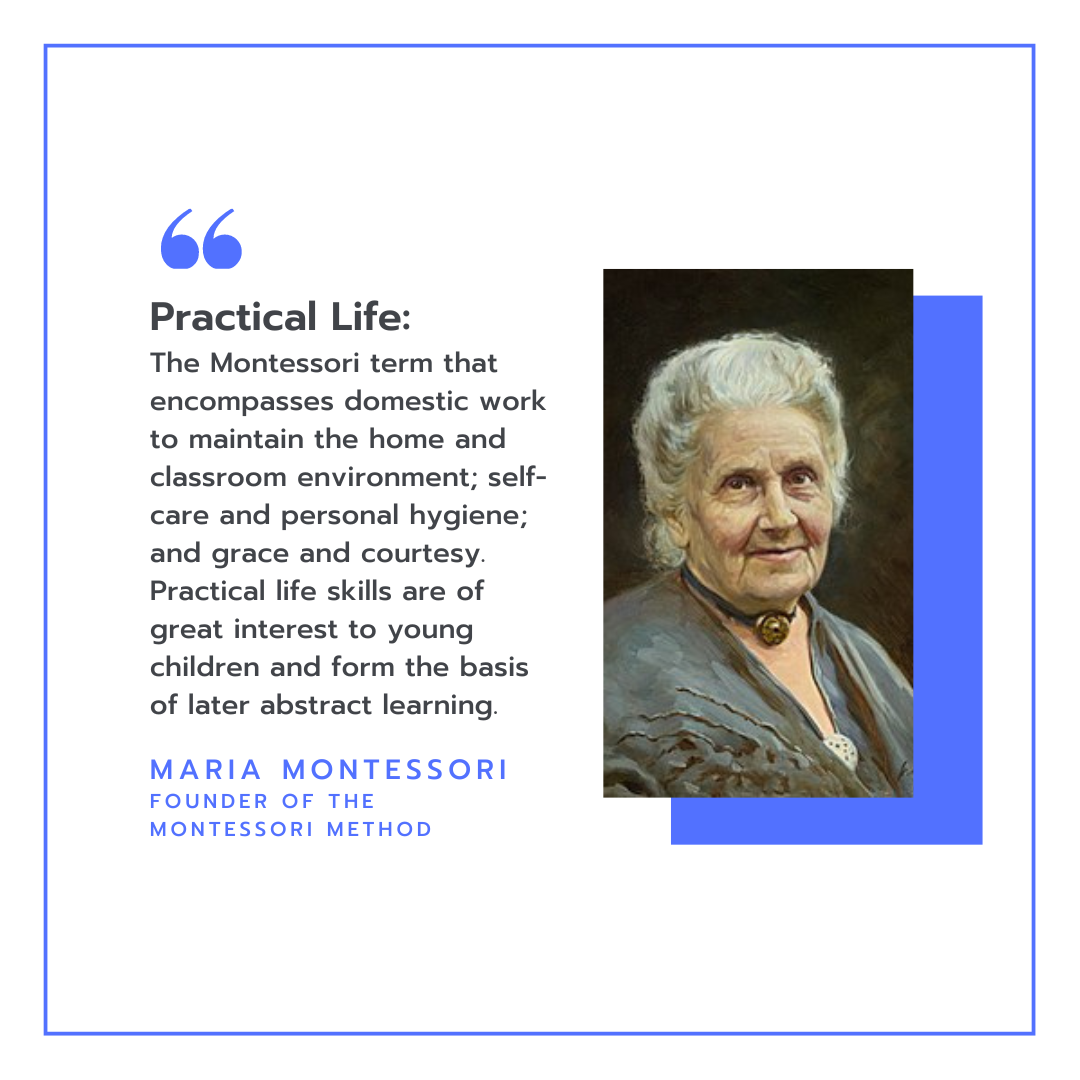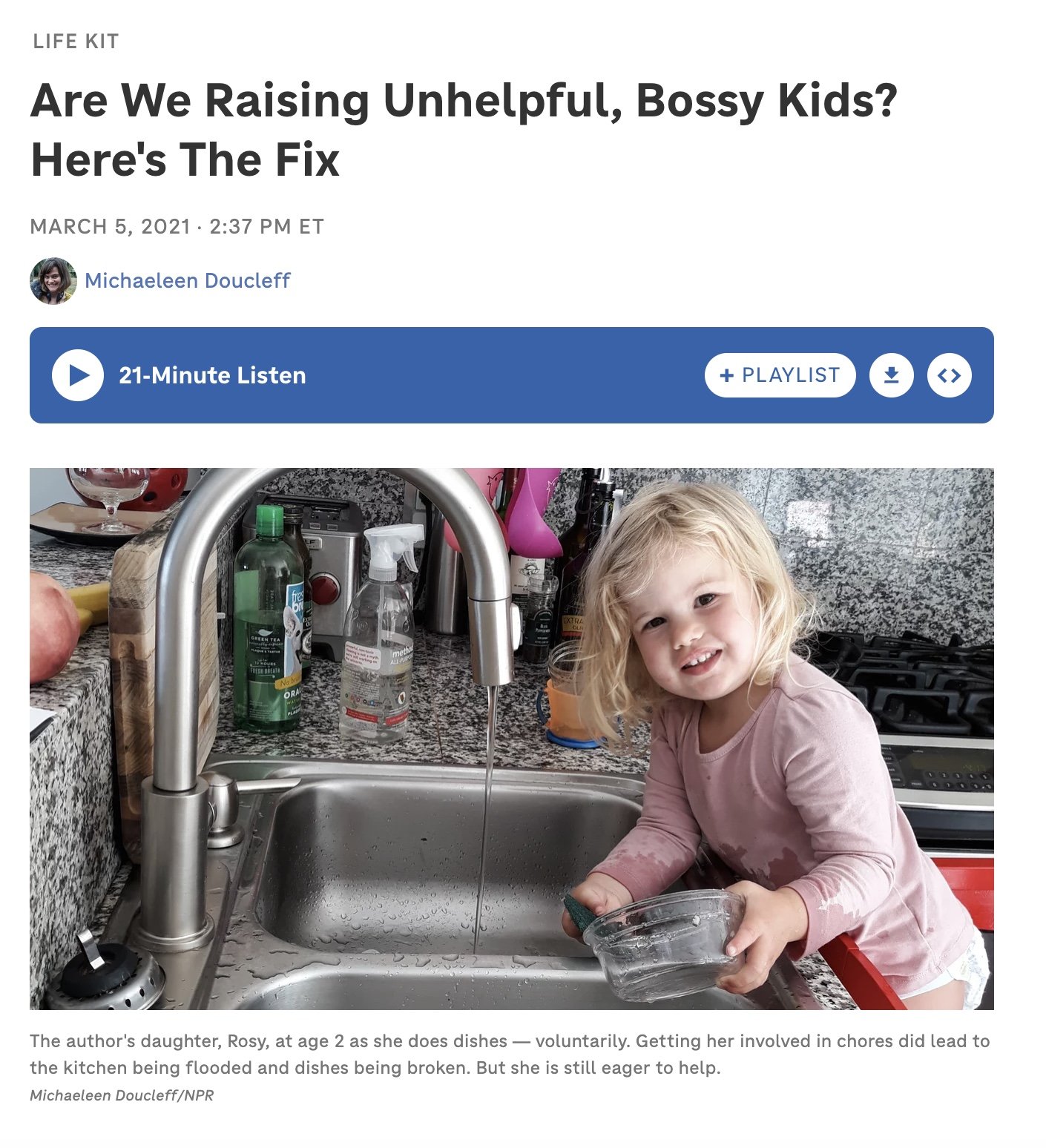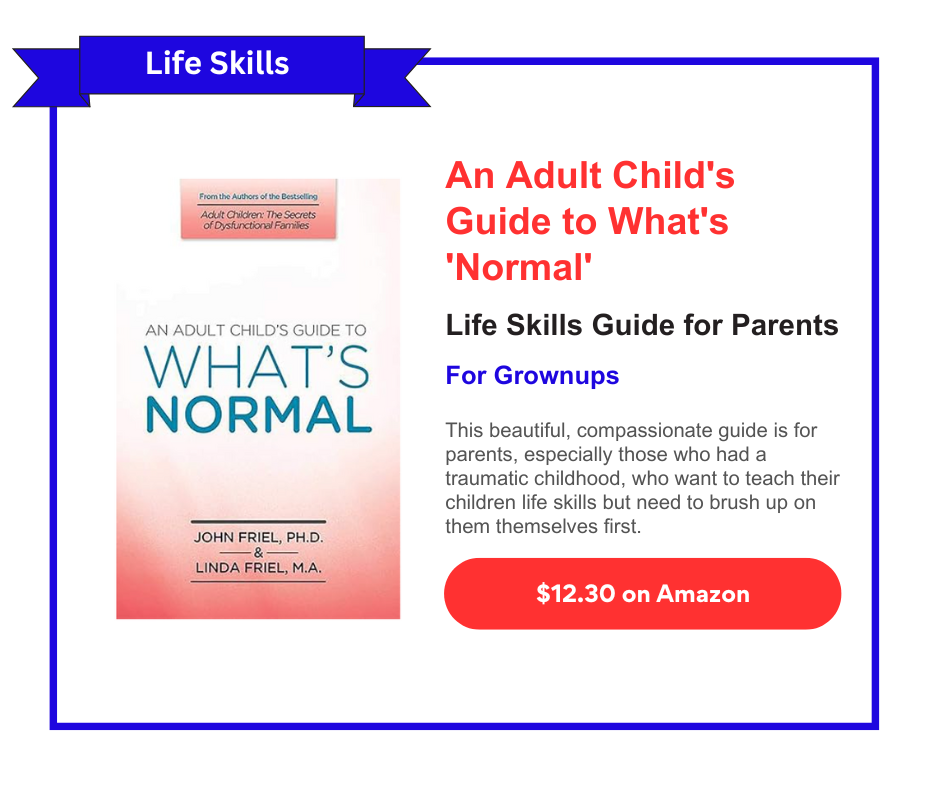Montessori Practical Life Skills: A Framework for Teaching Life Skills in Homeschooling
Montessori education, renowned for its child-centered approach, emphasizes practical life skills as a cornerstone of its curriculum. These skills are designed to help children develop independence, coordination, concentration, and a sense of responsibility. In a homeschooling environment, integrating Montessori practical life skills can provide a structured yet flexible framework that aligns with your child's developmental stages. Here’s a detailed look at how you can implement these skills across different Montessori age groups.
Introduction to Practical Life Skills in Montessori
Montessori practical life activities are divided into four main areas: care of the self, care of the environment, grace and courtesy, and control of movement. These activities are integral to the Montessori philosophy and help children build a strong foundation for academic learning and personal development. They encourage children to take pride in their work, develop fine and gross motor skills, and foster a sense of order and discipline.
Practical Life Skills for Infants (0-3 years)
Developmental Stage: At this stage, children are exploring their surroundings and beginning to develop motor skills. They are highly sensitive to their environment and learn primarily through sensory experiences.
Skills and Activities:
Hand-Eye Coordination: Simple activities like grasping toys, stacking blocks, and placing objects into containers help develop coordination.
Basic Self-Care: Encourage participation in dressing, brushing hair, and washing hands. Allowing children to help with these tasks fosters independence.
Environment Interaction: Provide opportunities for children to engage with their environment, such as watering plants or wiping spills.
Integration at Home:
Prepared Environment: Ensure that the home environment is safe and accessible. Use low shelves for toys and books, and provide child-sized tools.
Routine Tasks: Involve your child in daily routines. For example, let them help set the table with unbreakable dishes or assist with simple cooking tasks like stirring or washing vegetables.
Practical Life Skills for Early Childhood (3-6 years)
Developmental Stage: Children at this age are refining their motor skills and developing a sense of independence. They are also learning to follow multi-step instructions and beginning to understand social norms.
Skills and Activities:
Care of Self: Activities such as dressing independently, pouring liquids, and using utensils. Teaching them to tie shoes, button shirts, and prepare simple snacks.
Care of Environment: Tasks like sweeping, dusting, and gardening. Involve children in caring for pets, cleaning their rooms, and organizing toys.
Grace and Courtesy: Practicing polite manners, such as saying please and thank you, waiting for their turn, and greeting others appropriately.
Control of Movement: Activities that enhance balance and coordination, such as walking on a line, carrying trays, and practicing yoga poses.
Integration at Home:
Child-Sized Tools: Provide appropriately sized tools and utensils for household tasks. This encourages participation and ensures safety.
Structured Routine: Establish a daily routine that includes time for practical life activities. Create a visual schedule to help children understand and anticipate tasks.
Encouragement and Praise: Offer positive reinforcement and celebrate their efforts and achievements, which boosts confidence and motivation.
Practical Life Skills for Lower Elementary (6-9 years)
Developmental Stage: Children in this age group are developing logical thinking and problem-solving skills. They are capable of handling more complex tasks and are becoming more responsible.
Skills and Activities:
Advanced Self-Care: Tasks like making their own breakfast, packing their school bag, and managing personal hygiene independently.
Household Responsibilities: Involvement in more complex household chores such as laundry, cooking meals, and managing a small budget for household shopping.
Social Skills: Developing conflict resolution skills, understanding community roles, and participating in group activities.
Gardening and Outdoor Tasks: Taking care of a garden, learning about plants and ecosystems, and engaging in outdoor physical activities like hiking or biking.
Integration at Home:
Responsibility Chart: Create a chart outlining daily and weekly responsibilities. This helps children track their tasks and fosters a sense of accountability.
Family Involvement: Encourage participation in family decision-making processes, such as planning meals or organizing family events.
Project-Based Learning: Incorporate practical life skills into larger projects, such as planning and planting a garden or organizing a garage sale.
Practical Life Skills for Upper Elementary (9-12 years)
Developmental Stage: At this stage, children are developing a deeper understanding of the world around them and their place in it. They are capable of more abstract thinking and can manage multiple responsibilities.
Skills and Activities:
Time Management: Learning to prioritize tasks, manage time effectively, and balance schoolwork with extracurricular activities.
Advanced Household Management: Skills like meal planning, cooking complex recipes, performing minor household repairs, and managing a personal budget.
Community Involvement: Participation in community service projects, volunteering, and understanding civic responsibilities.
Entrepreneurial Skills: Encouraging small business ventures such as a lemonade stand or a bake sale to understand basic economic principles and customer service.
Integration at Home:
Goal Setting: Help children set and achieve personal and academic goals. Use tools like planners and journals to track progress.
Independence Projects: Assign long-term projects that require planning and execution, such as organizing a family event or starting a small garden.
Mentorship: Encourage older children to mentor younger siblings or peers, fostering leadership skills and empathy.
Integrating Montessori practical life skills into your homeschooling curriculum provides a comprehensive framework for teaching essential life skills. By aligning activities with your child's developmental stage, you can create a supportive and enriching environment that promotes independence, responsibility, and a love for learning. Whether through simple household tasks or complex projects, these practical life skills lay the foundation for a well-rounded, capable, and confident individual.














Discover NPR's Life Kit: Parenting, a podcast offering science-backed advice and practical tips from experts to help you navigate the complexities of raising children.